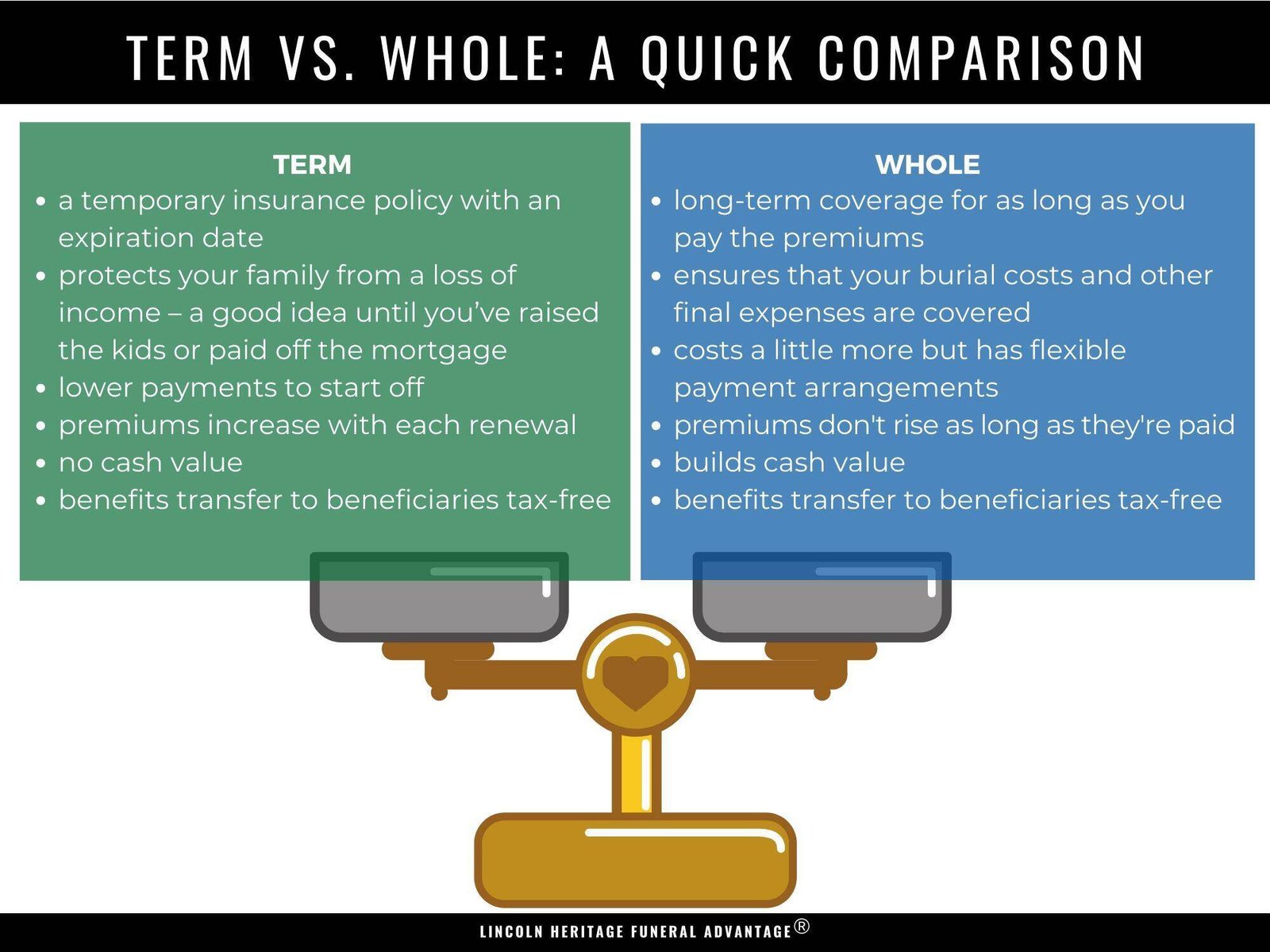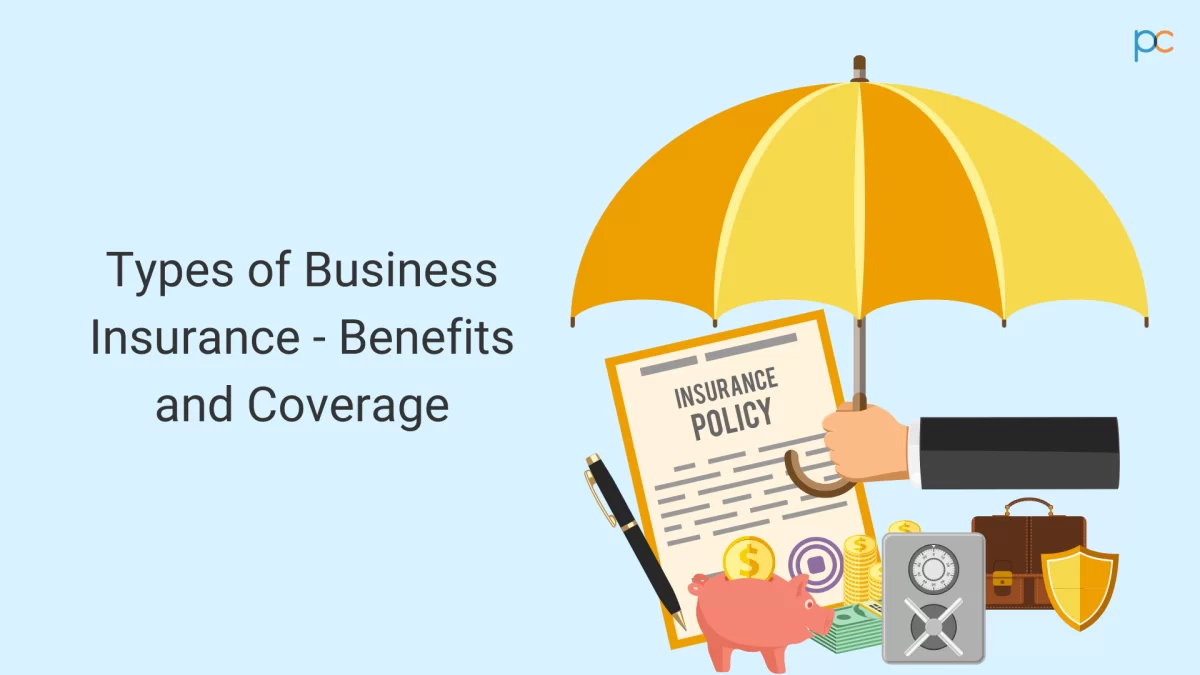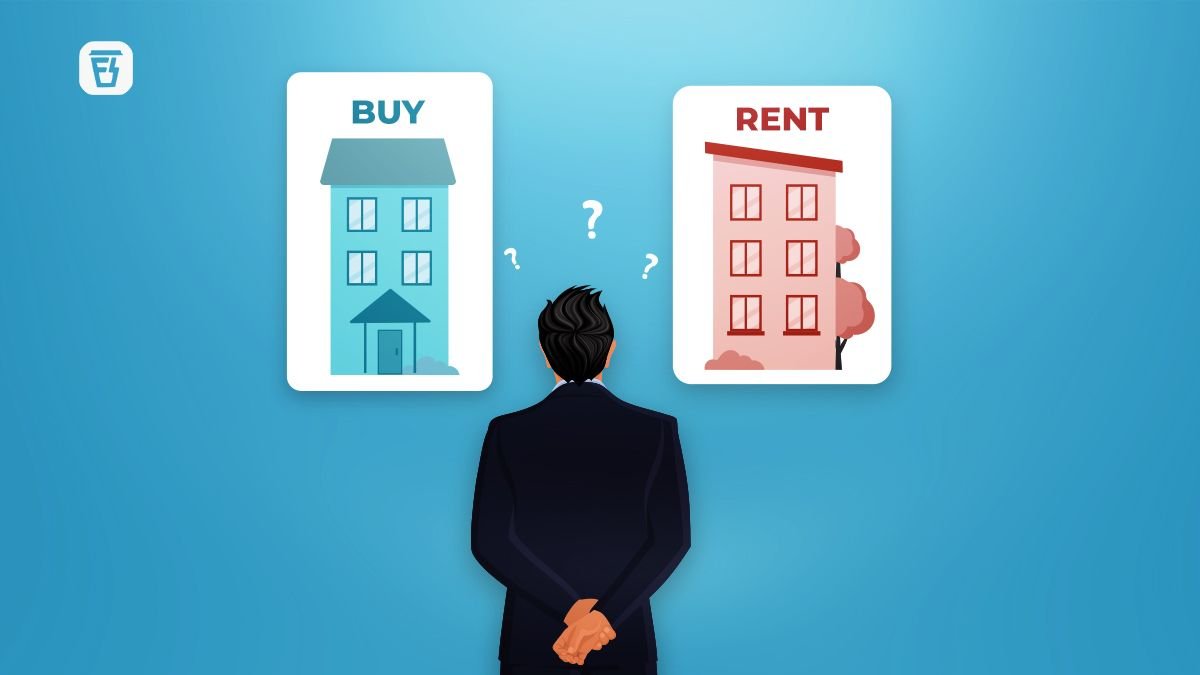The Great Rent vs. Buy Debate: Renting vs. Buying in the US (2024 Edition)
The Great Rent vs. Buy Debate: Renting vs. Buying in the US (2024 Edition)
The American dream of homeownership is deeply ingrained in our culture. But in 2024’s housing market, the decision between renting and buying has become more complex than ever. Soaring home prices, rising interest rates, and a volatile economic climate all add layers to this age-old debate.
This blog post unpacks the renting vs. buying dilemma in the context of current market trends, your long-term financial goals, and the lifestyle factors that can tip the scales in one direction or another.
The Current Housing Market Landscape (and Why It Matters)
The housing market of 2024 is a seller’s market on steroids. Inventory remains low, pushing prices ever higher. According to industry reports, the national median home price has reached record levels, making affordability a significant challenge for many potential buyers.
Adding fuel to the fire are rising interest rates. While still historically low, mortgage rates have climbed steadily in recent months, further squeezing budgets and impacting monthly payments.
Rent vs. Buy: A Tale of Two Sides
Let’s delve into the pros and cons of both renting and buying a home in 2024.
Renting: The Allure of Flexibility
-
Affordability in the Short Term: Renting often offers a lower monthly payment compared to buying a home, especially in high-cost areas. You’re not responsible for property taxes, homeowners insurance, and most maintenance costs.
-
Flexibility and Freedom: Renting allows you to move freely without the hassle and financial burden of selling a house. This is ideal for those with careers that require frequent relocation or those unsure about putting down roots in one place.
-
Less Financial Commitment: The upfront costs associated with buying a home, such as down payments and closing costs, are non-existent with renting. This frees up capital for other financial goals like student loan repayment or saving for a future down payment.
-
Maintenance-Free Living: Landlords typically handle repairs and maintenance, sparing you the time, stress, and financial burden of dealing with leaky faucets or broken appliances.
The Downsides of Renting
-
No Equity Building: The rent you pay goes towards your landlord’s mortgage, not your own wealth. You’re not building equity in a property that can appreciate in value over time.
-
Limited Control: You have limited control over your living space. Making renovations or permanent changes often requires permission from the landlord. Rent increases can also impact your budget unpredictably.
-
Lack of Stability: Leases are typically for one or two years, and there’s no guarantee your rent won’t increase significantly upon renewal. You may also face the possibility of needing to relocate if your landlord decides to sell the property.
Buying: Building a Nest Egg (With Some Thorns)
-
Building Equity and Long-Term Wealth: Homeownership allows you to build equity in a property that can appreciate in value over time. This can be a significant source of wealth accumulation, especially when leveraged with a mortgage.
-
Stability and Control: Owning a home provides a sense of stability and allows you to make modifications that suit your needs and preferences. You have control over your living space and aren’t subject to the whims of a landlord.
-
Tax Benefits: Homeowners can deduct mortgage interest and property taxes from their federal income tax returns, reducing their tax burden.
The Drawbacks of Homeownership
-
High Upfront Costs: Buying a home requires a significant down payment, closing costs, and various fees. This can be a major barrier for many first-time buyers.
-
Long-Term Commitment: Buying a home is a long-term financial commitment. Selling a house can take time and involve additional costs. This reduces your geographic flexibility compared to renting.
-
Maintenance and Repair Costs: As a homeowner, you’re responsible for all repairs, maintenance, and upkeep of your property. These costs can be unexpected and strain your budget.
-
Interest Rate Fluctuations: Rising interest rates can significantly impact your monthly mortgage payment and overall affordability.
The 7.75% Rule: A Quick Rule of Thumb
While there’s no one-size-fits-all answer, the 7.75% rule can offer a basic guideline. If the cost of renting a comparable property is less than 7.75% of the purchase price of a similar home, then buying might be the more financially sound option (considering long-term appreciation and potential equity gains). However, this is just a starting point, and several other factors need to be considered.
Beyond the Numbers: Lifestyle Factors We Haven’t Forgotten
The decision to rent or buy goes beyond pure financial considerations. Here are some lifestyle factors that can significantly influence your choice:
-
Life Stage and Stability: Are you single and starting out? Renting might offer the flexibility to explore different neighborhoods or career opportunities. Conversely, if you’re married, starting a family, or crave stability, homeownership can provide a sense of permanence and a place to put down roots.
-
Career Considerations: If your job requires frequent relocation, renting offers greater freedom and avoids the hassle of selling a house in a new location. However, if you have a stable career with long-term prospects in a specific area, buying a home can be a sound investment.
-
Do-It-Yourself Skills and Preferences: If you enjoy tinkering and have DIY skills, homeownership allows you to tackle repairs and maintenance yourself. However, if you prefer a hands-off approach, the maintenance-free aspect of renting might be more appealing.
-
Desire for Personalization: Owning a home allows you to personalize your living space to your taste, from paint colors to flooring. Renters typically have limited options for customization without landlord approval.
-
Community and Neighborhood: Homeownership can foster a sense of belonging and connection to your community. Renting can offer the chance to explore different neighborhoods before settling down.
The Final Verdict: It Depends
The decision to rent or buy hinges on a unique blend of financial circumstances, long-term goals, and lifestyle preferences. Here are some additional tips to help you navigate this crucial choice:
-
Do the Math: Create a detailed budget that factors in your income, potential down payment, closing costs, ongoing housing expenses (rent or mortgage, property taxes, homeowners insurance, maintenance), and debt obligations.
-
Seek Professional Advice: Consult a financial advisor who can analyze your financial situation and offer personalized guidance based on your goals and risk tolerance.
-
Consider a Hybrid Approach: Some areas offer rent-to-own options that allow you to build equity while renting a property with the possibility to purchase it in the future.
-
Don’t Be Pressured by Societal Norms: Homeownership isn’t the only path to financial security. If the numbers don’t add up for you right now, renting can be a smart and responsible choice.
Remember, the decision to rent or buy is a personal one. There’s no right or wrong answer. By carefully considering your financial situation, lifestyle preferences, and long-term goals, you can make an informed choice that sets you on the path to financial well-being and a comfortable living environment.
Additional Resources:
- National Association of Realtors (https://www.nar.realtor/): Offers resources and guidance for homebuyers.
- Consumer Financial Protection Bureau (https://www.consumerfinance.gov/): Provides information and tools to help you understand your mortgage options.
- Department of Housing and Urban Development (https://www.hud.gov/): Offers resources for renters and potential homebuyers.
By leveraging the information in this blog post and conducting further research, you can confidently approach the rent vs. buy debate and make the decision that best fits your needs and aspirations.










